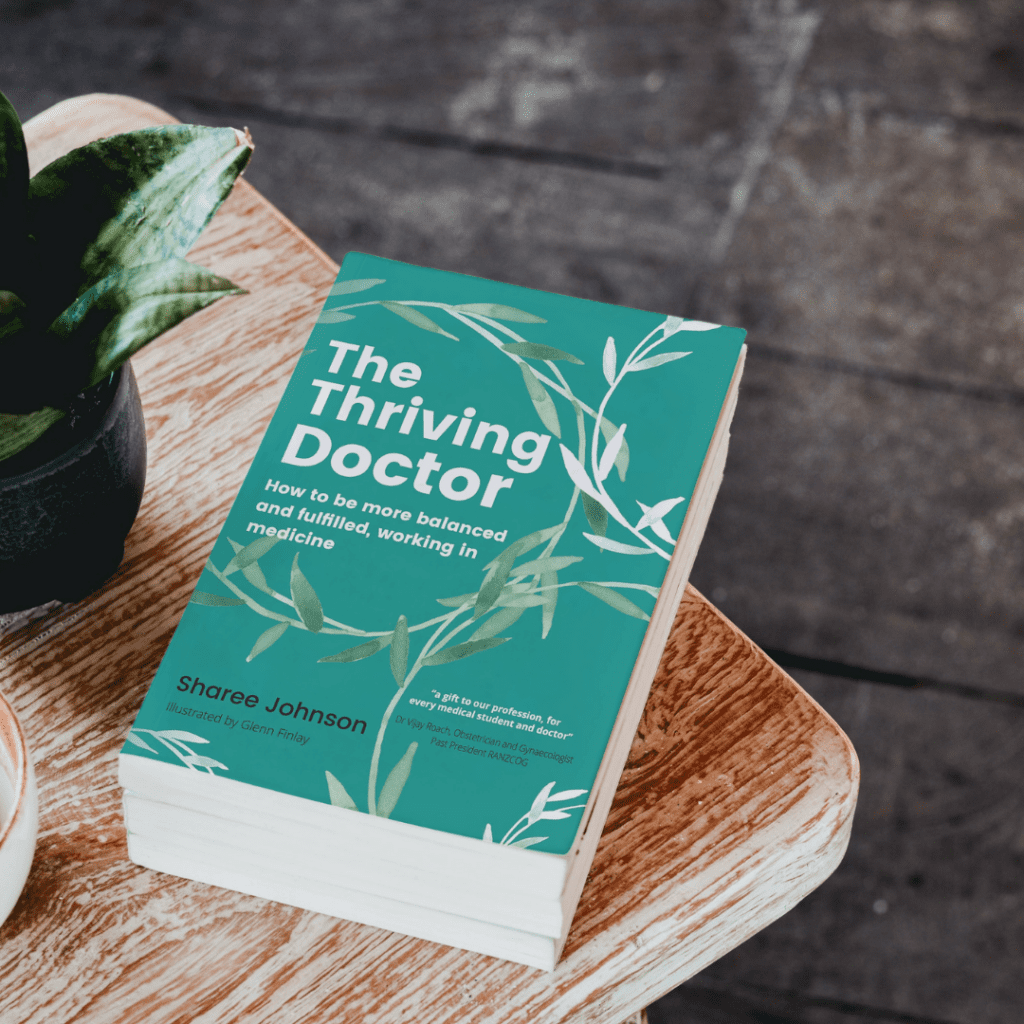How do doctors receive feedback that truly makes a difference to their performance?

How do doctors receive feedback that truly makes a difference to their performance?
The real likelihood of doctors receiving good developmental feedback about how they interact with others, about their professional or leadership behaviours, or their future goals is low. The many groups doctors interact with have different vested interests, meaning their feedback prioritises different performance characteristics. Some will value speed, some want clarity in decision making, some value human connection and effective communication.
Doctors perform a wide range of activities with a varied stakeholder group. A patient lying in a hospital bed might need very different things from the doctor, than say the patient’s family expects. The nurse, ward clerk, head of department, the physio or the porter they might all expect something different from the doctor. And what about the trainee they are supervising, what do they need from the doctor?
Feedback from any of these groups to doctors is sporadic and limited by time, power differentials, little real desire for it or no belief that it will make any material difference. Poor behaviour is often blamed on “the system” or lack of resources.
Many doctors in Australia are visiting specialists, not employees of the health service so they are not always bound by the same rules. The visiting medical officer (VMO) is essentially a contractor who has a contract with the hospital to deliver medical services to patients. Doctors who are employed by the health service directly are staff or senior medical officers (SMO). As part of their contract, doctors may also be party to an enterprise bargaining agreement (EBA), though I know many doctors who have not had a formal signed contract with their hospital for years! Their working conditions are also audited and accredited by training organisations like the Medical Colleges who comply with the Medical Board of Australia to ensure that the practice of medicine is safe and regulated. Although all are bound by the same occupational health and safety laws, laws, rules and contract agreements do not drive behaviours in the same ways as direct person to person feedback can. Humans are deeply affected by other human’s perception of them.
Trainee doctors often receive feedback from their supervising doctors, however the feedback has too often been poor. The supervising doctor collects feedback from the other consultants working with the trainee over the rotation (3 months usually). Sometimes the supervising (collecting) doctor has not worked directly with the trainee for several weeks, the feedback is supplied in this collected form anonymously, to the trainee and the specific incidents, good or bad, are not referenced and may have been weeks ago. Making the feedback vague and sometimes creating a sort of limbo land, undermining the trainee’s confidence and giving them no direction for their development.
It might sound something like this
Jack does not yet behave like a consultant, he needs to be more decisive.
When Jack asks his supervisor providing the feedback on behalf of the consultant group for more detail, it is likely the response will be
I’m not sure what specifically they are referring to.
It’s a systems problem to the extent that it doesn’t encourage and foster regular, sharing of human experience and how it impacts performance, delivery of duties and care. One doctor is appointed responsible for the feedback, however they are not really in a position to provide feedback that is useful. Jack doesn’t know what to do to improve, or in what context it would be helpful to change, or how to find out. On paper it’s efficient, in reality it’s pretty useless.
A senior doctor who works at the hospital a couple of days a week as a VMO is no more likely to receive useful feedback. They blow in and blow out, see as many patients as possible, attend meetings that get in the way of their medical practice and leave. If they have had an interaction with a nurse, administrator or allied health clinician that was less than ideal, it could be a week or more before they meet again. By which time everyone is focused on a new issue, either having forgotten about last week’s poor interaction or actively choosing to avoid it, because there’s no time to really sort out what happened. They might chase each other on the phone if it’s important, or if they have a long standing relationship that they value, perhaps. Often no one in particular is responsible for following up the performance of the doctor, many heads of departments do not have the time, skill or expertise to manage the feedback or the performance effectively. And so everyone bumbles along without any really useful feedback that could improve performance or insight. There is a leadership gap. It’s not really anyone’s fault, and it’s not really anyone’s responsibility.
The real likelihood of doctors receiving good developmental feedback about how they interact with others, about their professional or leadership behaviours, or their future goals is low. The idea that any doctors are being effectively managed to foster great team work is rare. Doctors are self-propelling creatures. They are highly intelligent, have very high expectations of themselves and enjoy the status of being the decision makers and problem solvers.
They do not actively seek out feedback about their performance for a range of reasons, including too many poor experiences of unhelpful or unclear feedback early in their career. This is simply self protection.
For a doctor to receive useful feedback that they can actually apply to their day to day work interactions, they will need to proactively build relationships with their colleagues and patients that foster open communication and trust. They will need to demonstrate a willingness to learn, to show they are genuinely curious about the impact of their behaviour on the healthcare they provide and to foster psychological safety in the teams they work with. Since medicine is prioritising science and technical skill we continue to operate in a feedback wasteland.
For human centred healthcare to evolve much more attention needs to be given to doctors developing feedback skills individually and in groups and teams. We know how to develop these skills, we don’t prioritise them. When we make giving and receiving feedback important doctors will improve their performance and be able to create psychologically safe workplaces that achieve much better care of colleagues and patients.
==
Sharee Johnson is the Founder of Coaching for Doctors, Psychologist Coach, Author or The Thriving Doctor, Speaker.
Start by booking a call or sending me an email and let’s talk about how you or your team can experience the value and impact of professional coaching.
Recalibrate©
Immersion Development Program for Doctors
Restore Balance and Joy: Build your intra and interpersonal skills.
6 x 1:1 Coaching sessions with Psychologist Coach, Sharee Johnson
24 hrs Masterclasses with a closed group of doctors (max 12)
Develop in ways that will help you reconnect to your purpose.

The Thriving Doctor
Sharee Johnson’s book The Thriving Doctor is available in all good bookstores or online.
Sharee has been coaching doctors since 2014, find out more about her work